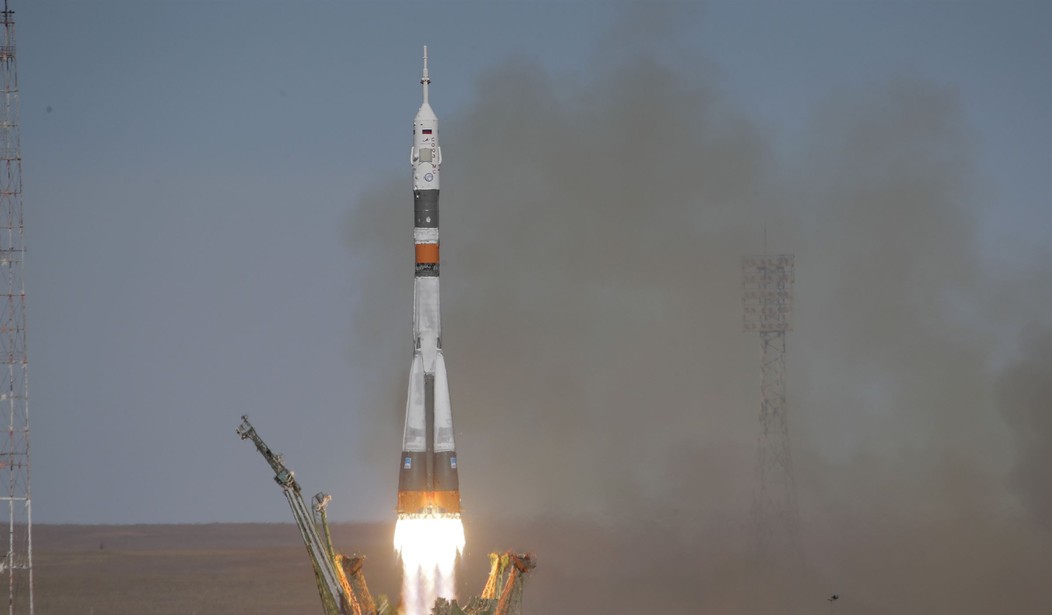On Wednesday, Rep. Mike Turner (R-OH) released a cryptic statement about "a serious national security threat," promoting a gale of speculation.
Previously on RedState: NEW: Intel Committee Warns of 'Serious National Security Threat'
More Info on That 'National Security Threat' - and a Lot of People Have Questions
Following a spate of statements from elected officials downplaying the possibilities of a serious threat to the American people, on Thursday, White House national security spokesman John Kirby said that Russia has developed a "troubling" emerging anti-satellite weapon, but also confirmed that the weapon is "not currently operational," and not known to have any capacity to hit ground targets.
White House national security spokesman John Kirby said U.S. intelligence officials have information that Russia has obtained the capability but that such a weapon is not currently operational. U.S. officials are analyzing the information they have on the emerging technology and have consulted with allies and partners on the matter.
“First this is not an active capability that’s been deployed and though Russia’s pursuit of this particular capability is troubling, there is no immediate threat to anyone’s safety,” Kirby said. “We’re not talking about a weapon that can be used to used to attack human beings or cause physical destruction here on Earth.’’
Russia wasted no time in condemning the statement, claiming that it was being used by the Biden Administration to stir up support for Ukraine.
In Moscow, Kremlin spokesperson Dmitry Peskov described the claims about a new Russian military capability as a ruse intended to make the U.S. Congress support aid for Ukraine.
"It’s obvious that Washington is trying to force Congress to vote on the aid bill by hook or by crook,” Peskov said in remarks carried by Russian news agencies. “Let’s see what ruse the White House will use.”
Interestingly, as my colleague Nick Arama pointed out on Wednesday, this release comes at a time when the re-authorization of the Foreign Intelligence Surveillance Act (FISA) is up for re-authorization. Nick produced this shot of the House schedule showing a Thursday vote on a key amendment to the FISA law:
We know why. The vote. https://t.co/657oruEIdp pic.twitter.com/EYfZcdnKle
— Sandy 〽️ (@RightGlockMom) February 14, 2024
On Wednesday, Speaker of the House Mike Johnson pulled the FISA bill, stating that more time was needed to gain a consensus.
Regarding the rumored Russian anti-satellite (ASAT) weapon: It sure seems as though there are a lot of potentials and possibilities around the development of a space-based anti-satellite weapon by a country that has taken almost two years to batter its way into a much smaller, less well-equipped neighbor. As for the technology described as being new, it's important to note that Russia has been developing anti-satellite weapons since at least 2015, when they launched the PL-19 Nudol direct-ascent ASAT device.
The United States, in 2008, demonstrated that the RIM-161 Standard missile could be successfully employed as an ASAT device when one was used to destroy an American reconnaissance satellite that was in a decaying orbit. China has also conducted successful ASAT tests, including the 2007 destruction of a dead Chinese weather satellite by an SC-19 ASAT missile.
Russia may have explored some new technology, such as a directed-energy or laser weapon, but at this time details are unknown. Until more is known, you may, as always, color me skeptical.














Join the conversation as a VIP Member